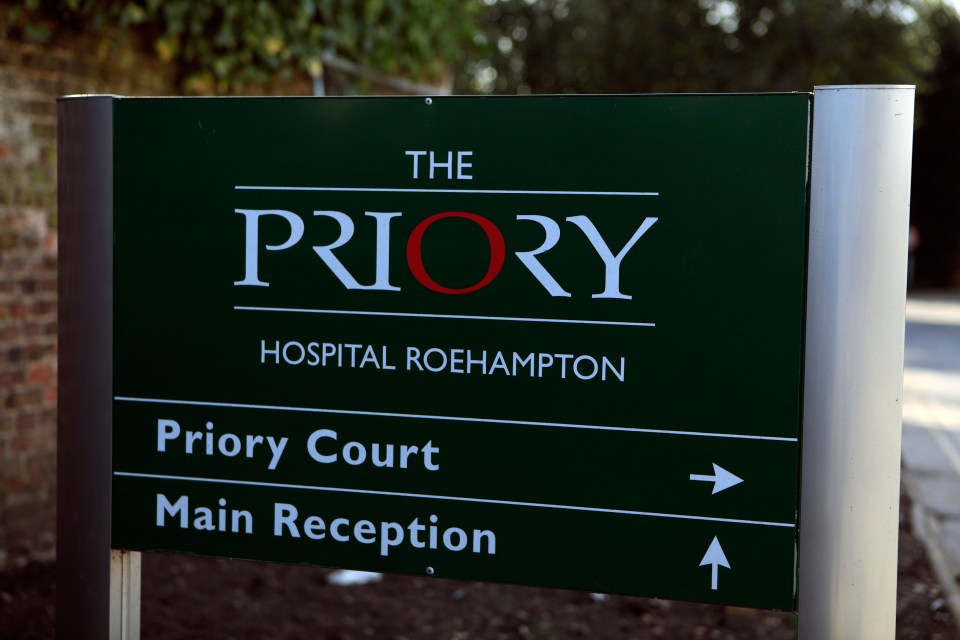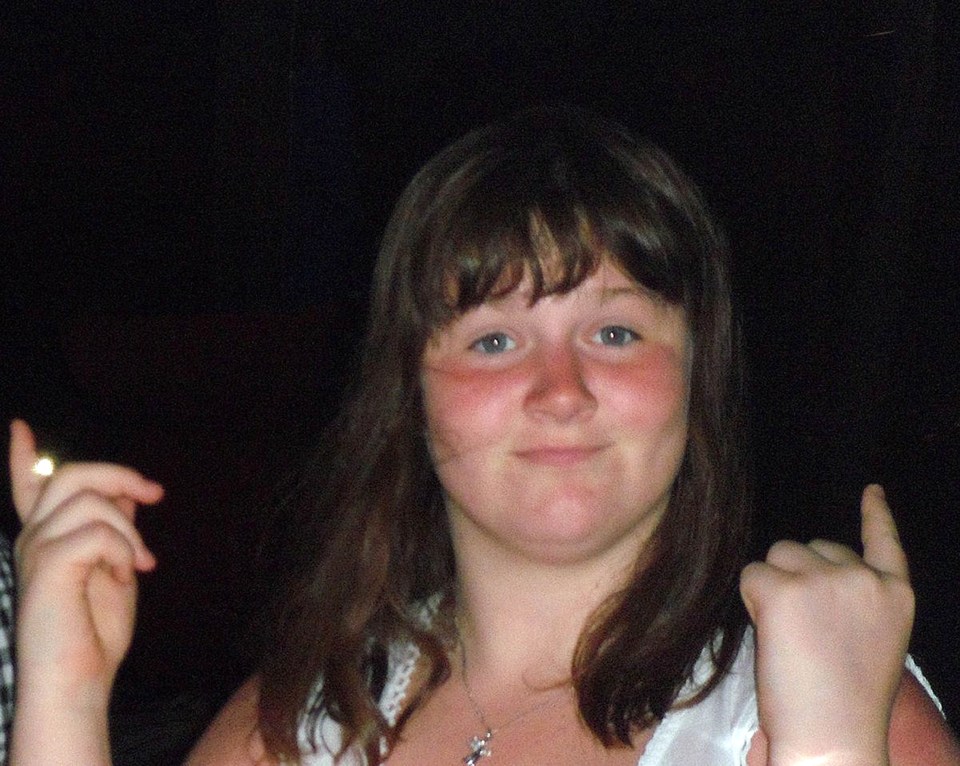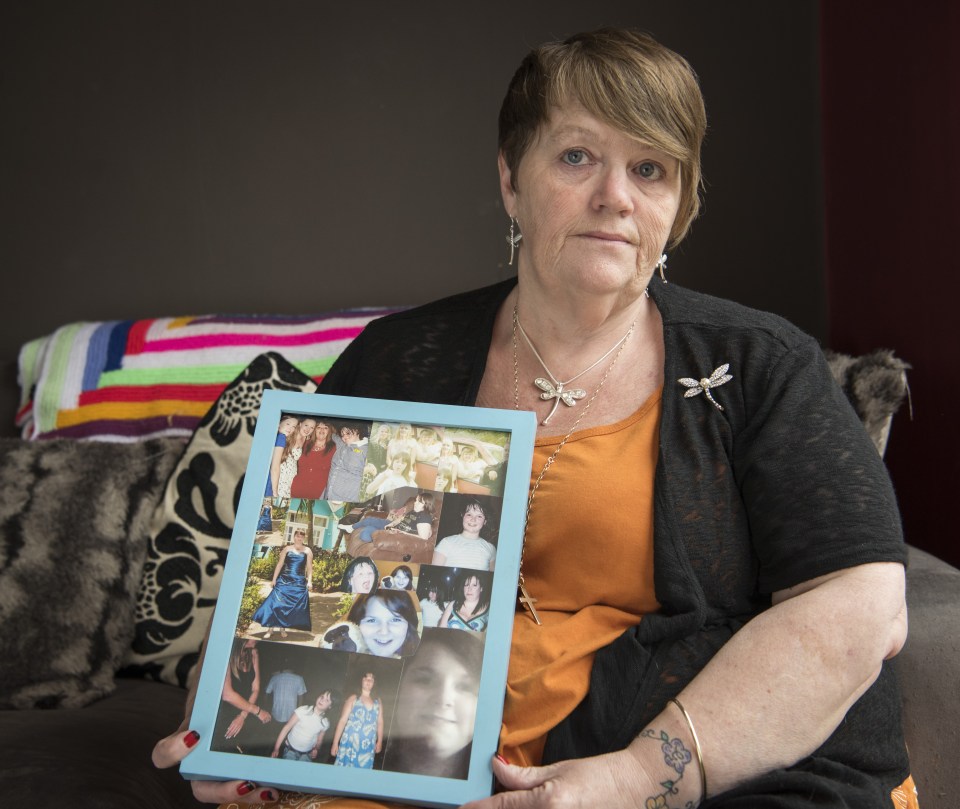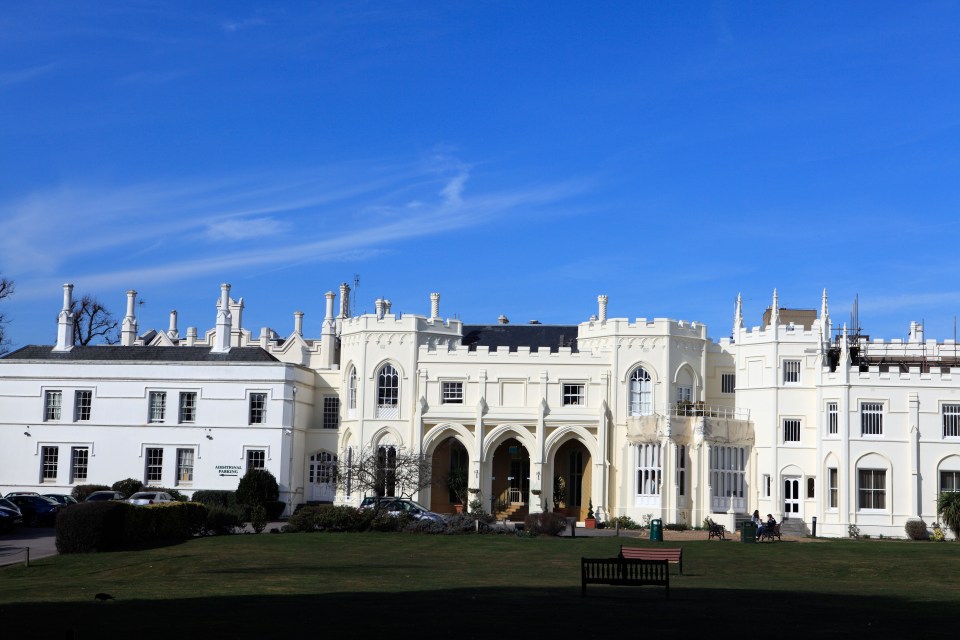Parents slam The Priory for alarming rise in patient suicides on ‘unsafe’ wards
The mental health clinic has been slammed as 'unsafe' by new report following unsettling rise in suicides

IT is the go-to clinic for celebrities desperate to banish their demons.
But now The Priory is facing a major crisis of its own amid serious claims it is FAILING in its duty of care.
A damning new report by the Care Quality Commission (CQC) has branded its flagship clinic in South West London “unsafe” following a series of suicides and incidents of self-harm.
But the litany of concerns levelled at the Roehampton hospital, where the likes of Amy Winehouse, Kate Moss and Robbie Williams have been treated, is not an isolated disaster for the troubled group.
A Sun investigation has found The Priory, which benefits from hundreds of millions of pounds of public money, has been criticised over a string of tragic cases up and down the country.
Today the heartbroken mum of 14-year-old Amy El-Keria, who killed herself while supposedly on suicide watch at a Priory unit, has called for the group to be shut down and its bosses prosecuted.
Tania El-Keria, from Feltham, South West London, told The Sun: “The Priory is not a caring business. It is about making money.
They killed my daughter through neglect and they should face corporate manslaughter charges. They failed her on every level.”
The mum of three added the failings found by the CQC at Roehampton were similar to problems at the group’s Ticehurst House hospital in East Sussex, where Amy hanged herself with a football scarf in her room in November 2012.
It took Tania three-and-a-half years to expose those shortcomings.
An inquest jury in June agreed that Amy’s accidental death was due in part to negligence with her care.
The inquest heard Amy, who suffered a complex range of diagnoses including attention deficit hyperactivity disorder and gender dysphoria, told staff on the day she died that she wanted to end her life.
A hospital worker later found the door to her room locked. By the time she was able to open it, Amy was already unconscious.
The jury found that staff had not properly assessed the risk of Amy harming herself and missed opportunities to take away the scarf.
They also failed to dial 999 quickly enough and were not trained in CPR.
Along with other deficiencies, including the hospital’s failure to tell Amy’s mother about the forcible restraint and sedation used on her daughter, the jury found staffing levels were so low that there was a lack of crucial one-to-one care.
Tania said: “I am not in denial. Amy was not easy to deal with but if you showed her some respect and listened to her she was OK.
“We know Amy did not intend to die. She was screaming out for help and her death was avoidable.”
The CQC investigation into the Roehampton site followed the death of millionaire company chairman Stephen Bantoft, 49.
He is understood to have hanged himself less than three hours after checking into an acute psychiatric wing there in December.
The dad of three had not been seen by a doctor.
His death was one of two suicides at the hospital last year.
The 40-page report on the unit, which charges private patients £6,800 a week before treatments, highlighted a catalogue of faults including a reliance on temporary staff and problems with supervision.
It also found potential “ligature anchors” from which patients could hang themselves, including in the dimly lit garden.
Tania said the findings had sinister echoes of her own experience at Ticehurst, which was like “going into an old Victorian asylum”.
She explained: “They were allowing staff to work when they had not had mandatory training.
“How the CQC passed that place I don’t know, but the CQC made no effort to contact me.
“The day they cleared Ticehurst House and said it was ‘safe’ was the same day we buried Amy.”
At the time Dr Sylvia Tang, the Priory Group’s medical director, said: “We would like to offer an unreserved apology and our heartfelt sympathies to Amy’s family.”
Of the thousands of patients the group treats every year, fewer than one in four is famous or wealthy.
The NHS and local authorities fund 85 per cent of the group’s annual £520million turnover.
In 2014 it posted operating profits of £74million.
Tania, who wears a gold heart pendant which bears her daughter’s fingerprint, said the link with the NHS rankled, adding: “The Priory hospitals should be shut down.
At the very least their NHS contracts should be taken from them.
“They charge the NHS £1,000 a night to look after children like Amy but it’s not caring, to them it’s about making money.
They are like a bank and the children, as far as they are concerned, are just deposits.
“I’ve been contacted by families whose children were in the hospital with Amy and they feel ‘there but for the grace of God’.
RELATED STORIES
The CQC website shows, following its inspections, that units at Roehampton, Southampton and Hayes Grove, Kent, “require improvement”. “Safety” at Brighton and Bristol also “requires improvement”.
A Priory spokesman said: “The CQC rated Roehampton Hospital as good in ten of the 15 areas assessed, and each of the wards were rated as caring.
We take this report extremely seriously, however, and are already investing a substantial amount in improving the hospital environment, alongside an extra £500,000 to address the CQC’s concerns.
“We’ve significantly improved training, have a new hospital director and have enhanced recruitment packages.”
On the deaths at other Priory hospitals, he added: “Our hospitals treat more than 20,000 patients a year, many of whom have very severe mental health issues and, frequently, a history of serious self-harm and suicide attempts, or thoughts of suicide. Their safety is our absolute priority.
“Any patient death is an absolute tragedy and these are always fully investigated.
“We work with our regulators to meet all national standards and currently 86 per cent of Priory health services are rated as good, outstanding or fully compliant.
“But we remain totally committed to improvement wherever needed and implement rigorous, expert-led inspections.”
Shadow Health Secretary Diane Abbott blamed the over-use of temporary staff on a lack of Government funding, saying the report was a “slap in the face” to the group’s “tireless front-line staff”.
Deborah Coles, director of the Inquest charity which is advising families whose young loved ones took their own lives, said Amy’s death was one of the most shocking she had come across.
She added: “The Priory did all it could to try to resist the kind of scrutiny we got at her inquest.”
She added that a Freedom of Information request showed the Government had no idea how many young people killed themselves while being treated.
A Department of Health spokesman said the Government increased investment to £11.7billion last year and added: “We expect The Priory to make immediate progress.”
Tragic deaths of troubled young patients
Sara Green

THE family of 17-year-old Sara, who died in the Priory’s Cheadle Royal hospital in 2014, this year called for the company to have its NHS contract cancelled.
Sara tied a ligature around her neck – as a means of self-harming rather than a suicide attempt – in frustration at being kept for a prolonged stay at the Greater Manchester hospital, which was 100 miles from her home in Scunthorpe.
A coroner described some of the evidence from Priory staff at her inquest as “staggering” and said Sara would have been safer at home.
George Werb

THE Priory and Solent NHS Trust in March admitted liability for the death of George Werb.
The 15-year-old, from Colyton, Devon, spent five weeks at The Priory in Southampton with depression.
Assessed as not being a suicide risk, George was allowed home for the weekend.
He left a three-page suicide note before walking in front of an express train.
At his inquest a child psychologist said had George not been allowed home it would have “tipped him into despair” and he didn’t think the boy’s parents trusted psychiatric services.
The coroner said: “Who could blame them?”
Francesca Whyatt

FRANCESCA was 21 when she was found hanged at the Priory, Roehampton, in September 2013.
She had attempted suicide on nine previous occasions since her admission six months earlier to the hospital’s Personality Disorder Unit – where many patients are deemed high risk.
The coroner referred her concerns about the hospital to the Crown Prosecution Service, saying it should consider corporate manslaughter charges.
She also judged the ward Francesca had been treated on as “simply unsafe”.
















